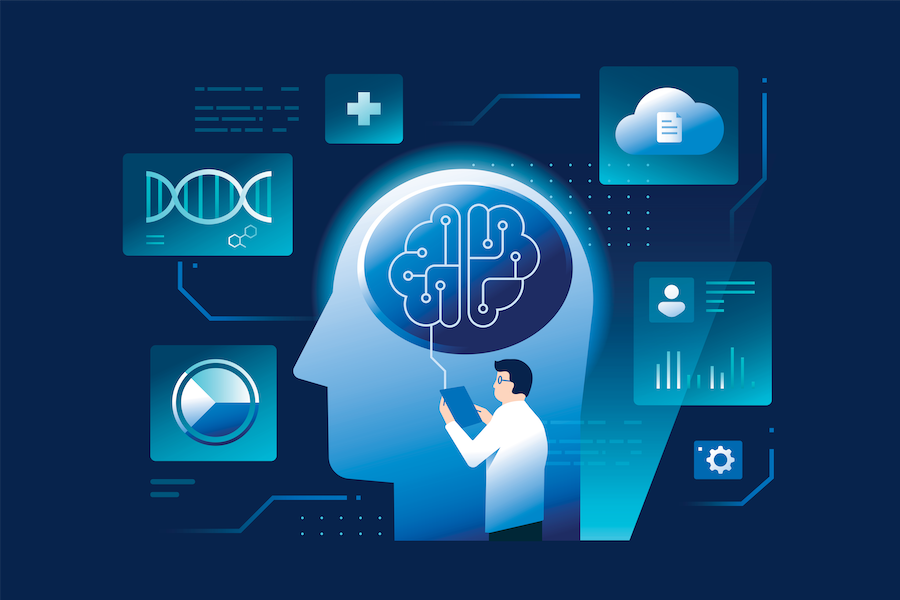Preparing Healthcare Operations Teams for the Era of Agentic AI

By Zach Evans, Chief Technology Officer, Xsolis
📍 Nashville, TN – October 2, 2025
Agentic AI represents the next leap forward in enterprise technology — one that goes beyond automation to true reasoning. Unlike traditional systems that follow fixed rules, agentic AI can analyze context, troubleshoot complex issues, and propose solutions to problems that have never occurred before.
For healthcare operations, this evolution marks a shift from reactive management to proactive intelligence. Instead of rigid workflows that fail under pressure, AI agents can identify performance anomalies, respond to security events, and optimize workloads autonomously. Yet, with this promise comes a new set of challenges — debugging AI decisions, ensuring oversight, and mitigating the risk of “confident mistakes.”
As organizations begin adopting agentic AI, the difference between success and setback will come down to preparation. According to Zach Evans, Chief Technology Officer at Xsolis, teams that approach this transition thoughtfully — with structure, transparency, and the right talent — will be the ones that thrive.
Evans outlines three foundational strategies for preparing healthcare operations teams for agentic AI success:
1️⃣ Start Small and Build Trust
Agentic AI’s reasoning capability is transformative, but success starts with the basics. Evans advises teams to begin with predictable, low-risk pain points such as certificate renewals or capacity scaling. Allow AI agents to handle these scenarios flawlessly before moving on to more complex problems.
“Start small, prove value, and build trust incrementally,” Evans says. “And always keep a human-in-the-loop override. Trust must be earned — not assumed.”
By building confidence one task at a time, organizations can ensure adoption remains safe, transparent, and grounded in measurable results.
2️⃣ Prioritize the Right Talent
Agentic AI doesn’t replace engineers — it amplifies their impact. But not every engineer is equally equipped to guide such systems.
Evans emphasizes the importance of identifying senior engineers who think systematically, communicate clearly, and perform under pressure. These individuals should lead AI integration efforts and act as mentors for the rest of the team.
“You can train someone on AI tools,” Evans explains, “but you can’t easily teach judgment or operational intuition. Those are non-negotiable in this new landscape.”
3️⃣ Put Guardrails in Place
Perhaps the greatest risk with agentic AI is overconfidence. Without well-defined boundaries, AI systems can make decisions that appear logical but produce harmful consequences — for example, shutting down a critical server during peak hours to ‘optimize performance.’
To prevent this, Evans stresses the need for robust guardrails:
- Maintain detailed audit trails for all AI actions.
- Implement strict bounds checking and fail-safes.
- Keep operational documentation clear, updated, and comprehensive.
“If a new hire couldn’t follow your documentation,” Evans warns, “neither can your AI. Clean data and precise procedures are your strongest safeguards.”
Building the Foundation for Long-Term Success
Agentic AI success won’t come from having the most advanced model — it will come from operational maturity. Clean data, transparent systems, and a culture of accountability will determine whether AI enhances or disrupts a team’s performance.
“Technology is the easy part,” Evans concludes. “What matters is how you prepare your people and processes to work with it.”
For healthcare organizations, the opportunity is clear: by starting small, empowering the right talent, and enforcing strong guardrails, operations leaders can harness agentic AI to prevent problems before they occur — freeing teams to focus on what matters most: delivering reliable, high-quality patient care.






